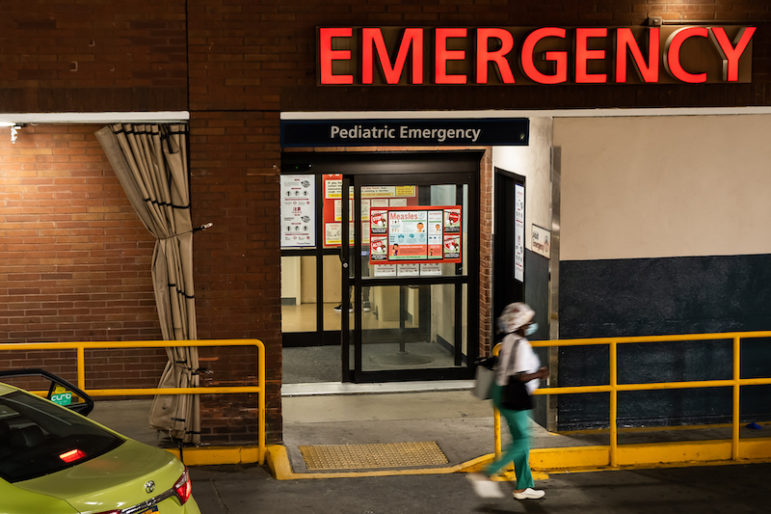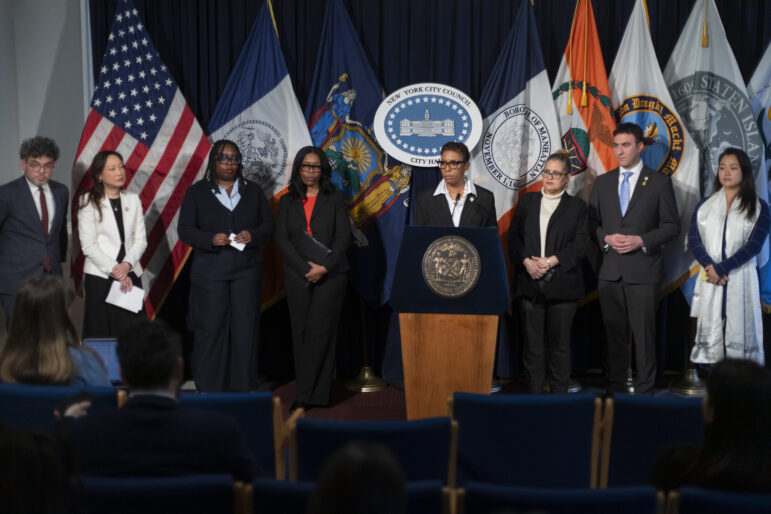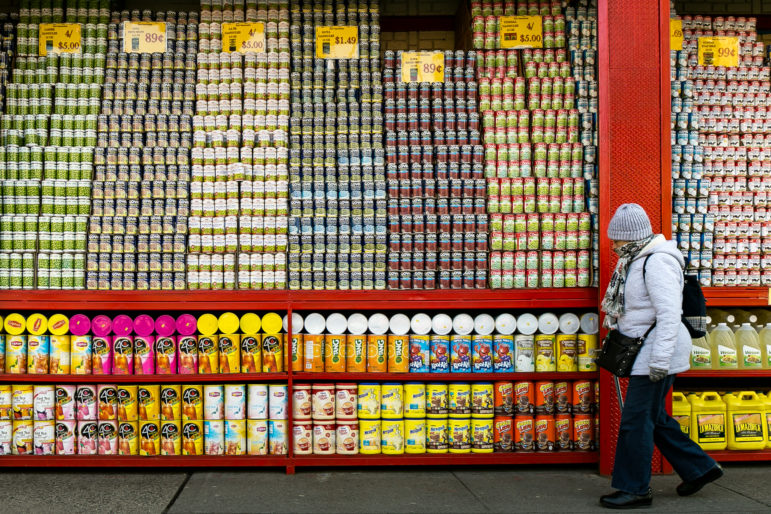Early on in his administration, Mayor Bloomberg talked up the importance of business improvement districts in helping neighborhood retail centers keep clean and prosper. But the city’s jacked-up property tax may put the kibosh on his efforts.
At least it might in Flushing. A group of 100 business and property owners in the Queens community are protesting a proposal to start such a business district, or BID, which would include 500 businesses from small bakeries to a Sheraton hotel. The 18.5 percent rise in property taxes, along with the 9 percent increase in real estate assessments, they say, have already caused layoffs and a drop in profits. Adding another tax-property owners would be required to contribute 3 percent of their assessed property value to the BID-will only heighten their financial woes, they say.
“We’re not against cleaning up Flushing. We’re against increasing our tax burden,” said Jay Liu, co-chairman of the Flushing Landlords Federation Against a BID. Liu and the other Federation members do not believe that they should be paying to clean other stores’ dirty sidewalks when they already maintain their own storefronts. Especially, he added, during such tough economic times: Six months ago, he said, he had a waitlist for space in his Busy Mall. Now, he added, there are numerous vacancies. If taxes continue to rise, he said, “You’re gonna see much more vacancies.”
To hundreds of other smaller businesses in the area, however, the added tax would be a small price to pay to avoid fines for the litter that clutters their streets, and to draw more shoppers to downtown Flushing. “Who wants to go to an area that’s dirty?” said Louis Chang, owner of four local businesses including Tai Pan Bakery on Main Street. While he makes sure his own sidewalks are cleaned “10 times a day,” he said, “I want everything better.”
Local City Councilmember John Liu (no relation to Jay) agrees, and he has been strongly advocating for the BID. “The people driving this are the smaller businesses,” he said, noting that they would only have to contribute $400 a year to the BID’s planned operating budget of $380,000.
Larger businesses like Jay Liu’s combined properties and Macy’s would get hit much harder, however, owing as much as $20,000 a year. Macy’s and other big businesses like the Flushing Mall and the Sheraton Hotel support the BID.
The Bloomberg administration hopes the public-private partnerships continue to prosper. Because of the size of the proposed Flushing BID, it has seen “a little more debate than usual,” said Jake Lynn, spokesperson for the Department of Small Business Services, which oversees BIDs. As of now, another 31 communities around the city have applications in to join the existing 44 BIDs.
Meanwhile, Jay Liu and other BID opponents planned to make their concerns heard on Monday night at a public hearing sponsored by local Community Board 7, which is expected to pass a resolution in favor of the BID after the hearing. Pretty soon, he wrote in a letter to Councilmember Liu, “The new concern will be over an empty Flushing. It’s simple economics.”







